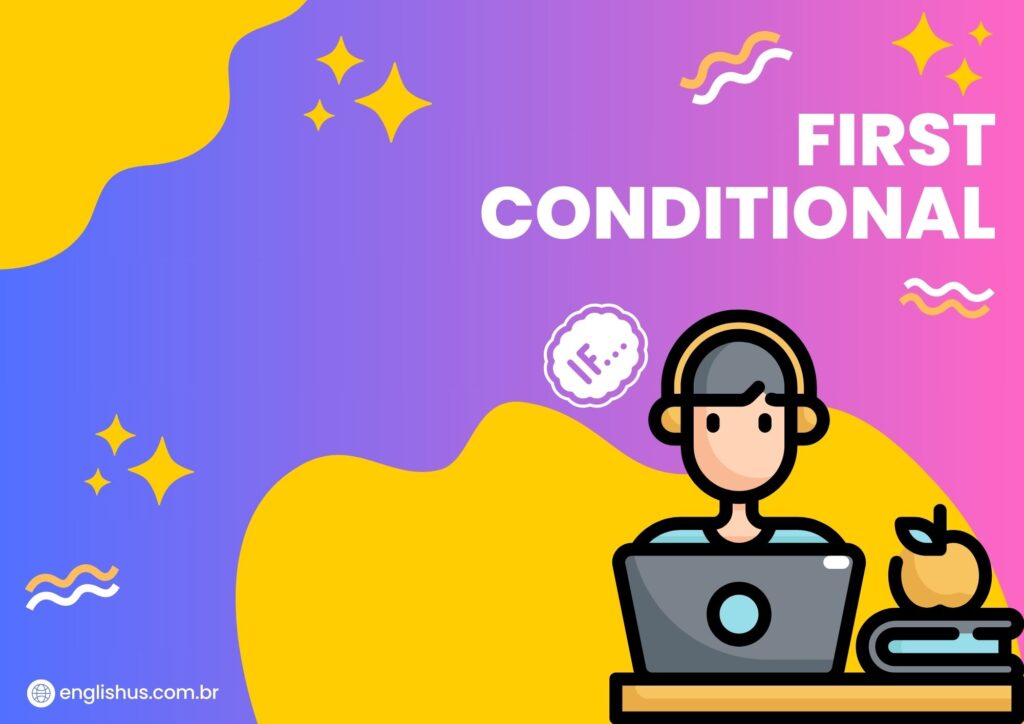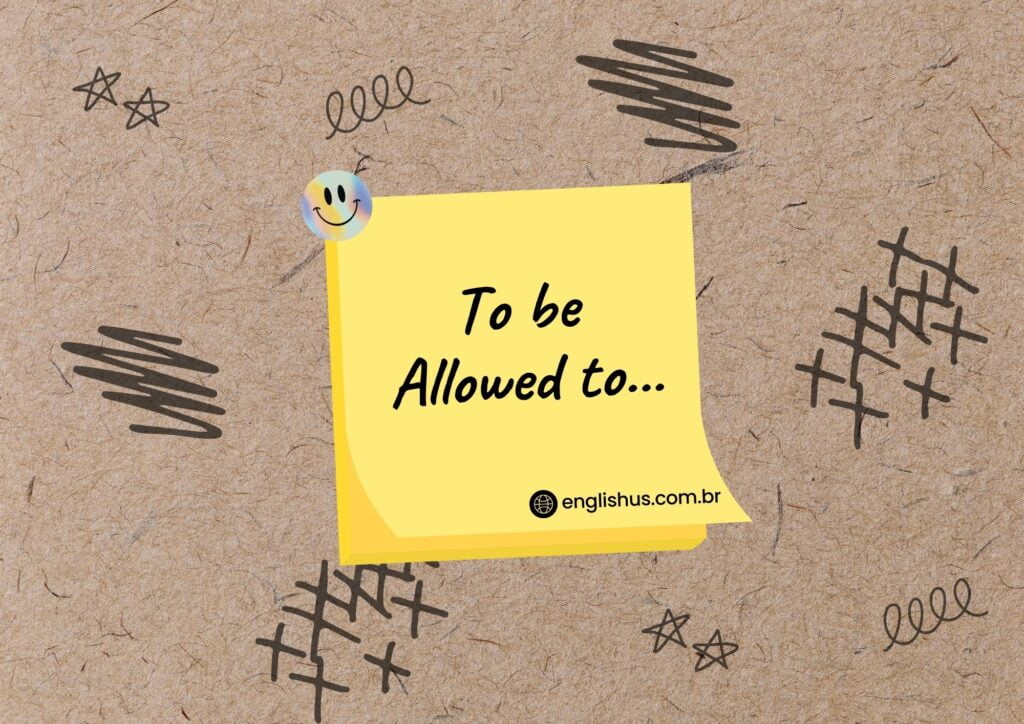Hello, EnglishUs readers! Welcome back to another exciting lesson. Today, we’re going to explore the second conditional in English. This grammar structure helps you talk about hypothetical or unreal situations in the present or future. Imagine the possibilities with the second conditional. It’s a fantastic tool to add to your English toolbox, so let’s dive in and learn how to use it with confidence!
What is the Second Conditional?
The second conditional is used to talk about situations that are not real or are unlikely to happen. It’s like imagining a different world where things are different from how they actually are. This can be very useful for expressing dreams, wishes, or imaginary scenarios.
For example:
- If I won the lottery, I would travel the world.
- If she were rich, she would buy a big house.
- If they had a car, they would drive to the beach.
Structure of the Second Conditional
The structure of the second conditional is straightforward. Here’s the formula:
If + past simple… would / could / might + base verb
Positive Sentences
In positive sentences, you describe what would happen in an imaginary situation.
- If I had more time, I would learn another language.
- If he knew how to swim, he would go to the pool.
- If we lived in the city, we would go out more often.
Negative Sentences
In negative sentences, you describe what would not happen in an imaginary situation.
- If I didn’t have a job, I would travel more.
- If she weren’t so busy, she would join us.
- If they didn’t live far away, they would visit more often.
Questions
To ask questions in the second conditional, you simply invert the subject and “would.”
- If you found a wallet, would you return it?
- If he offered you the job, would you accept it?
- If we invited them, would they come?
Common Uses of the Second Conditional
Imaginary Situations
We use the second conditional to talk about imaginary situations that are not true now and probably won’t be true in the future.
- If I were a millionaire, I would buy a yacht. (I am not a millionaire, and I probably won’t be in the near future.)
- If she were an actress, she would be famous. (She is not an actress, and it’s unlikely she will be.)
Giving Advice
The second conditional is often used to give advice in a hypothetical way, making it sound less direct or harsh.
- If I were you, I would apologize. (This is a polite way of advising someone to apologize.)
- If he were my friend, I would talk to him. (This is a gentle suggestion to talk to a friend.)
Expressing Dreams or Desires
You can also use the second conditional to express your dreams or desires, imagining what you would do if things were different.
- If I could travel anywhere, I would go to Japan. (Expressing a dream destination.)
- If they had more money, they would buy a bigger house. (Expressing a desire for a bigger house.)
Unlikely Events
Use the second conditional to talk about events that are unlikely to happen but are still possible.
- If it snowed in the desert, everyone would be surprised. (Snow in the desert is very unlikely but possible.)
- If she won the lottery, she would donate to charity. (Winning the lottery is unlikely but possible.)
Tips for Using the Second Conditional
- Remember the Past Simple Tense: Use the past simple tense after “if” even though you’re talking about the present or future.
- Use “Were” for All Subjects: When using “be” in the second conditional, always use “were” instead of “was” (e.g., “If I were,” “If he were”).
- Practice Common Scenarios: Think of common hypothetical situations and practice forming sentences.
- Listen and Learn: Pay attention to how native speakers use the second conditional in conversations, movies, and TV shows.
Common Mistakes to Avoid
- Using the Present Simple Instead of the Past Simple
Incorrect: If I have more time, I would travel. Correct: If I had more time, I would travel.
- Using “Was” Instead of “Were”
Incorrect: If she was rich, she would buy a house. Correct: If she were rich, she would buy a house.
- Omitting “Would”
Incorrect: If we lived in Spain, we travel more. Correct: If we lived in Spain, we would travel more.
- Confusing the First and Second Conditional
Remember, the first conditional is for real, possible situations, while the second conditional is for imaginary, unlikely situations.
First Conditional: If it rains, we will stay home. Second Conditional: If it rained, we would stay home.
You’ve just learned how to use the second conditional in English. Keep practicing, and soon it will become a natural part of your conversations. For more tips and strategies on improving your English, check out the ebook “The Personal Development through English Language.” This ebook is packed with practical advice and inspiring stories that will help you enhance your language skills and achieve your personal goals. It’s not just about learning English; it’s about using the language to unlock new opportunities and transform your life. So, grab your copy today and continue your journey toward becoming fluent and confident in English! For more information, click HERE.
The second conditional is a powerful tool in English that helps you talk about hypothetical situations, give advice, express dreams, and discuss unlikely events. Imagine the possibilities with the second conditional. Mastering this grammar structure will make your English sound more natural and fluent.
Keep practicing, stay curious, and see you next time on EnglishUs!

